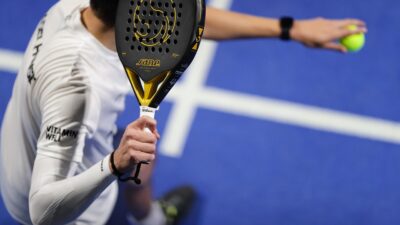Baseball, often referred to as America’s pastime, has long been characterized by a rich tapestry of history, culture, and community. However, this tapestry has often been woven with threads that reflect gender biases and stereotypes. The role of women in baseball has evolved significantly, from early pioneers to today’s contemporary players, coaches, and executives. This article explores the journey of women in baseball, highlighting their achievements, challenges, and the ongoing fight for equality in a sport still largely dominated by men.
Historical Overview
The history of women in baseball dates back to the sport’s inception. While the early years of baseball are often dominated by stories of male players, women found ways to participate, albeit in limited and often informal settings. The formation of all-female baseball teams in the late 19th and early 20th centuries marked the beginning of a movement, albeit one often overshadowed by the male-dominated leagues.
One of the most notable advances for women in baseball came during World War II when many men were enlisted to fight. The All-American Girls Professional Baseball League (AAGPBL) was formed in 1943, providing women the opportunity to play professionally. Though the league was initially perceived as a novelty, it demonstrated the skill and dedication of female athletes, paving the way for future generations.
Modern-Day Trailblazers
As the decades passed, women continued to break barriers in various capacities within the game. From players to managers and coaches, the face of baseball has gradually begun to include women in more prominent roles.
Players: Female athletes such as Annabelle Lee, Ila Borders, and most recently, Lizzie "The Bearded Lady" Haines have taken the field and challenged stereotypes. With the growth of women’s baseball leagues and the increasing visibility of female players in men’s leagues professionally, the expectations around women playing the sport have slowly shifted.
Coaches and Managers: Women have also started to make strides off the field in coaching positions. Kim Ng made history in 2020, becoming the first female general manager of a Major League Baseball team when she was hired by the Miami Marlins. Similarly, the hiring of women in coaching roles across various teams signifies a notable shift in the industry. In 2021, the Tampa Bay Rays hired the first female coach in MLB, paving the way for more women to take on leadership roles.
Shattering Stereotypes
Despite the progress, women in baseball still face significant challenges, including prevailing stereotypes that question their ability to compete at the same level as their male counterparts. The sexualization of female athletes, along with assumptions about their capabilities, often overshadows their achievements.
Organizations such as the Women’s Sports Foundation and the Alliance of Women Coaches work tirelessly to advocate for change, promoting the visibility of female athletes and fighting for equal opportunities and resources. Efforts to create more inclusive environments in sports are fueled by the recognition that all athletes, regardless of gender, deserve the chance to excel in their chosen disciplines.
The Future of Women in Baseball
The future of women in baseball is bright, thanks in part to the tireless advocacy of past generations and the determination of contemporary athletes. Initiatives like the Girls Baseball Network and MLB’s support for women’s leagues and camps promote growth and visibility of women’s baseball at the grassroots level.
Moreover, as societal norms continue to evolve, the dialogue around gender equality in sports is becoming more prominent. By elevating women’s contributions and breaking down barriers, we move closer to a future where women are celebrated not just as athletes but as integral members of the baseball community.
Conclusion
Women in baseball have come a long way from their early beginnings in the sport. Through resilience, skill, and advocacy, they have shattered stereotypes and forged paths in spaces once dominated by men. While challenges remain, the ongoing efforts to achieve equality and recognition promise a more inclusive future. As this transformative narrative continues to unfold, the impact of women in baseball will undoubtedly resonate for generations to come, reminding us all that the love for the game knows no gender.



